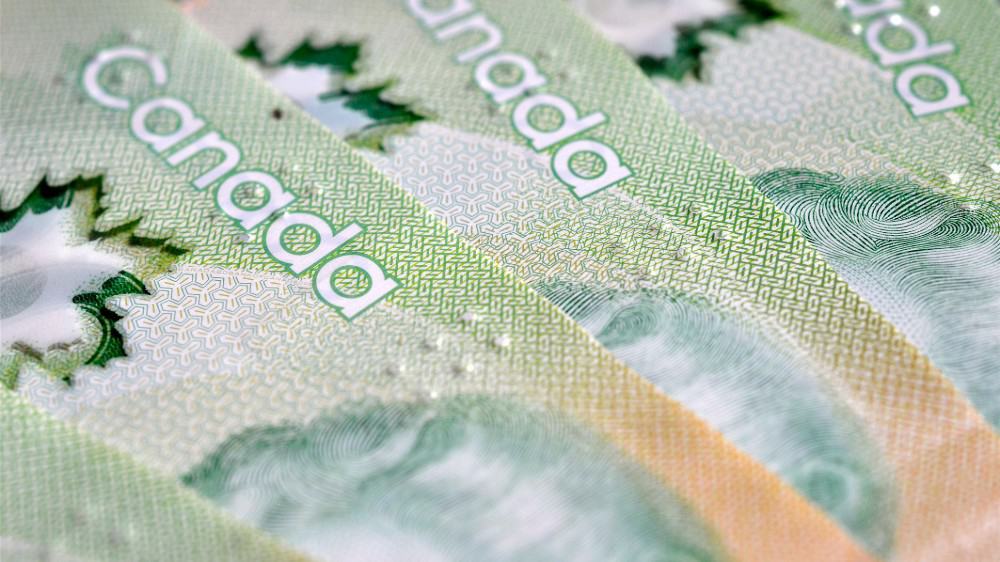Dr. Michael Burry, one of the famous investors to call the housing market crash before it happened in 2007, and who was put on the map by the book and movie The Big Short, has been warning the market of a new bubble he sees.
His comments first surfaced earlier this year, but they have become relevant in the news again, so let’s see what he thinks the bubble is, and how it could affect your portfolio.
Dr. Burry has been growing concerned with the increasing number of passive investment vehicles in global markets. In the past decade, the rise in passive investing and ETF’s has become astronomical, making it seem like there is an ETF for absolutely everything these days.
While many investors such as Warren Buffett have recommended passive funds for retail investors through index funds, Dr. Burry sees this as a potential problem.
What’s concerning is that with the increase in ETF’s available, investors are willing to invest funds in these passive investments rather than the stocks or mutual funds. The push to decrease management expense ratios on funds have introduced a ton of passive investing vehicles that now take up almost half the liquidity in North American markets.
The mass investments in the ETF’s have caused a huge run up in valuations of the underlying stocks by creating a massive demand for the shares by the funds.
Dr. Burry’s concern comes when he analyzes what investors in a rush to sell their investments would look like, as large amounts of cash are withdrawn from the ETF’s, and the funds have to consequently sell off huge blocks of shares.
Similar to most bubbles, the issue will continue to worsen the longer it goes on and the higher the valuations go. As Dr. Burry points out, the problems will be even more pronounced when the liquidity in the market erodes.
He likens the bubble to that of the synthetic collateralized debt obligations that almost ruined the American economy in 2008. While it’s unclear to what degree this bubble could cause, it is definitely a significant risk for every investor.
Even if you don’t have any of your wealth in a passive investing fund and you do all your stock picking yourself, you’re still exposed because you most likely own shares of companies that are included in these funds.
The Canadian iShares S&P TSX 60 Index ETF (TSX:XIU) is a perfect example. It owns shares in all the largest 60 stocks on the TSX and its management expense ratio of less than 0.2% shows that it’s a top passive investment vehicle.
The XIU fund owns the likes of major Canadian companies such as Royal Bank of Canada and Enbridge Inc. These and other similar companies are the number one stocks at risk.
In addition to being at the top of the passive fund’s investments, the companies are clearly well exposed to the issue, as they have roughly 50% and 60% of their shares outstanding held by institutions, respectively.
For companies like Royal Bank and Enbridge, it could be even worse, as many of their shares are listed on American exchanges as well.
It’s important to note that it won’t just be the large companies that are affected, as with any massive sell-off, it may start in one particular asset or company, but the fear will soon spread to other industries and stocks, and soon most companies will have been impacted in some way or another.
I’m not telling you this to incite fear so you go sell off your whole portfolio. Rather, this is just a warning for investors to be extra vigilant in the coming months and make sure to monitor your portfolio and the markets often looking for red flags.










